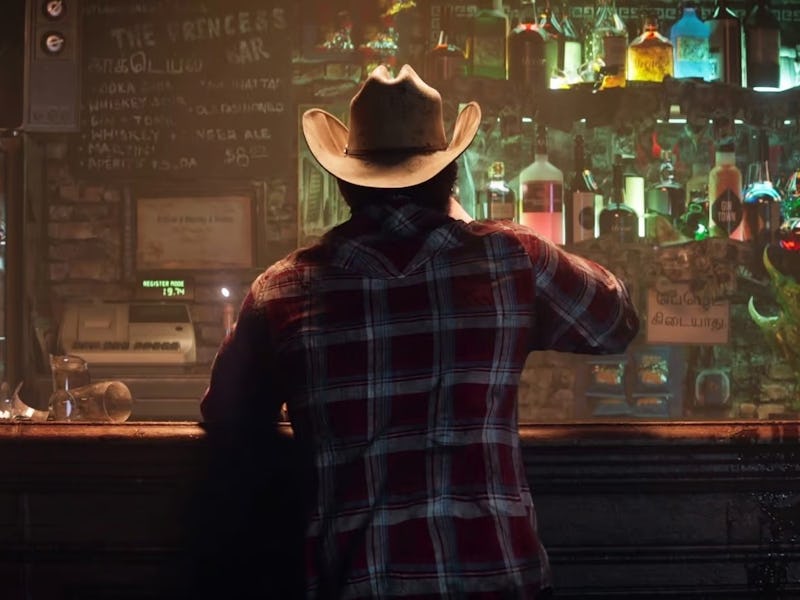Insomniac Leaks Highlight a Major Issue With the Gaming Industry
Two steps back.

Earlier this week, a ransomware group hacked Insomniac Games, the developer behind Marvel’s Spider-Man, stealing info on a slate of upcoming projects, in development clips, and employee’s personal information. The group held the info ransom, which Sony refused to pay, and all that data has now been released onto the web. It’s a disappointing situation that puts hard-working developers at risk, and yet again plays into a strange obsession many have with “leak culture.” Over the years, leaks have become more prevalent in video games, leading to situations like this, where hacking groups deliberately attack a company and hold info for ransom. The truly sad part is that reinforces why the industry has become so secretive, undermining efforts to make game development less mysterious.
For as big as the gaming industry has gotten, there’s still very little that your average consumer knows about the way games are made. Games typically go from announcement to release, with only trailers and scattered interviews filling up that time. Seldom do we see behind-the-scenes footage that dives into the nitty-gritty of how these massive projects come together, and how different departments like animation, level design, or quality assurance, all contribute to the larger whole.
The Insomniac leaks come just two months after the release of Marvel’s Spider-Man 2.
There are, of course, some exceptions to this. Documentaries like the Double Fine PsychOdyssey do detail “how the sausage is made” so to speak, and even this year’s The Making of Karateka is a brilliant way to both preserve and chronicle a classic game. But by and large, companies always want to keep things secret before release, then rarely get into detail post-launch because it’s already on to the next project.
Incidents like the Insomniac leak only reinforce the idea that game development should be kept secret. The big problem is that leaks like this display games in an unfinished state, completely not representative of what a final product will look like. Game development is a process, and it’s entirely unfair to developers to share in-development footage that doesn’t represent a studio’s vision. The exception, of course, is if the developers feel like they want to show footage and information long ahead of release.
The crux of the issue, though, is that these leaks make it harder and harder for developers and studios to feel that way. When leaks become a “gotcha” moment that hackers strive for, and consumers pile on, why would a studio want to share anything? That, in turn, could potentially take away opportunities for content creators and media as access to a game gets stripped away or altered, and plans have to change because of leaks.
In September 2022, Rockstar Games was also subjected to a hack that leaked dozens of clips of the in-development Grand Theft Auto 6.
In the case of Insomniac, it’s even more egregious because of the personal information that was stolen. 2023 has been a hard, hard year for people who make video games, with over 10,000 layoffs across the industry, including at a support studio for Insomniac called Visual Arts. It’s easy to see how making games would feel difficult and thankless at this point, but having personal info and studio projects leaked on top of that is like salt in the wound.
Video games is one of the few industries with this obsession with leaks: people aren’t chomping at the bit to read pages out of the next Dan Brown novel or hear a verse off of Taylor Swift’s next track. It’s a regressive idea that only furthers the gap between those who make games and those who play them, and provides more fuel for the corporatization of the industry.